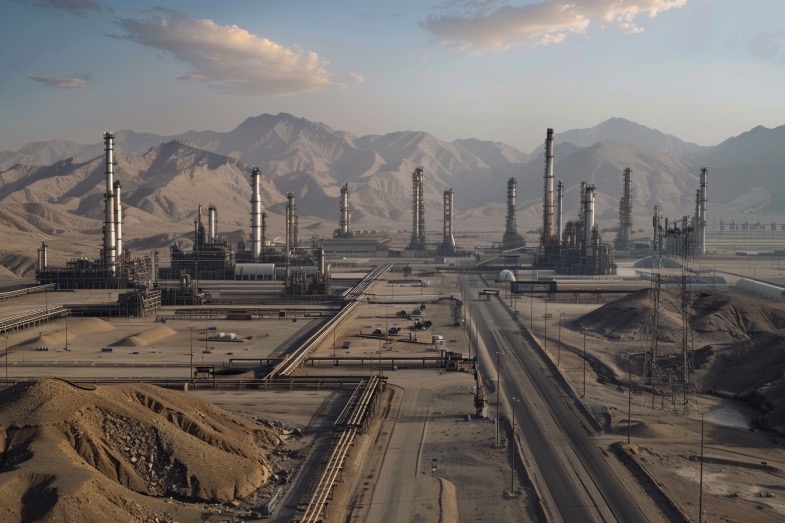Israel Demands Release of Hostages in Gaza
Israel is demanding the release of all 50 hostages held in Gaza, with doubts cast on accepting a new 60-day ceasefire proposal agreed to by Hamas. The proposal, backed by Qatar and Egypt, would only release around half of the hostages, an offer Israel is hesitant to accept citing its disinterest in “partial deals,” according to Israeli official David Mencer.
Prime Minister Netanyahu’s Plan
Israeli Prime Minister Benjamin Netanyahu has laid out a plan for the future of Gaza, announcing intentions to conquer the entire region, including areas where most of the 2.1 million Palestinian residents have sought refuge. Talks with Hamas on a ceasefire deal broke down last month, leading to escalated military action.
Hamas and Palestinian Factions Approve Ceasefire Proposal
Hamas and other Palestinian factions have approved a ceasefire proposal presented by Egyptian and Qatari mediators, with Hamas official Taher al-Nunu describing it as a “partial deal leading to a comprehensive deal.” The proposal closely mirrors a previous US plan, with negotiations for a permanent ceasefire set to begin on the first day of implementation.
Details of the Ceasefire Proposal
The proposal includes the release of hostages and prisoners on both sides, with specific timelines for each release. Israel is expected to withdraw forces to designated areas within Gaza during the truce, while demands for the disarming of Hamas and demilitarization of Gaza remain.
Pressure on Netanyahu
Prime Minister Netanyahu faces pressure from both coalition partners advocating for continued military action and the public calling for an end to the war and the return of all hostages. While some families of the hostages are eager for a deal to be reached, Netanyahu’s insistence on certain conditions has led to delays in negotiations.
Humanitarian Crisis in Gaza
The conflict in Gaza has resulted in a devastating humanitarian crisis, with thousands killed, widespread displacement, and critical infrastructure damage. The situation has been described as a “worst-case scenario of famine” by UN experts due to severe food shortages.



